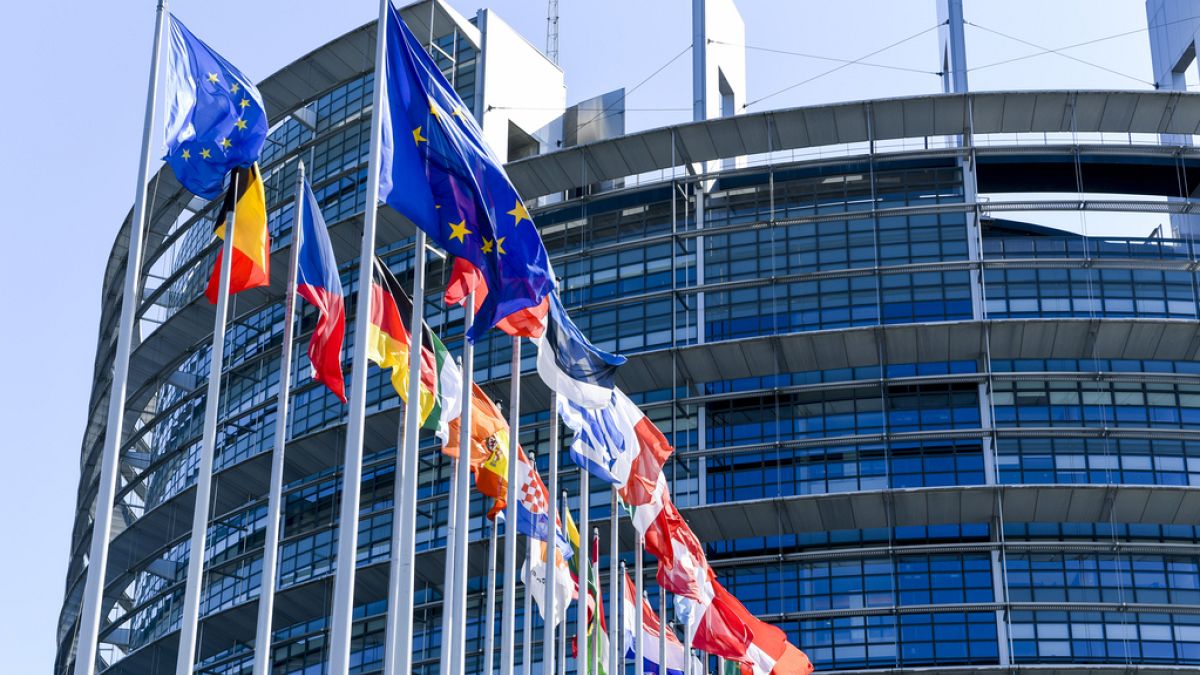Should the European Parliament continue to move between Brussels and Strasbourg?
Whether it's to reduce reliance on Russian imports or making savings ahead of winter, cutting energy consumption is a hot topic across Europe right now.
In Brussels, key institutions including the European Parliament have pledged to reduce heating to help conserve power.
But one MEP says amid the energy crisis, the EU should scrap the practice of regularly moving parliament between Brussels and Strasbourg.
"I find it completely unjustified that the European Parliament heats and lights two places and that we continue to travel between the two seats," German Greens MEP Daniel Freund told Euronews. "I think that for the time of the energy crisis we should stay here in Brussels."
According to the EU treaties, Strasbourg is the seat of the Parliament’s plenary sessions, where its members debate and vote on key issues. This takes place 12 times per year.
But MEPs carry out the majority of their daily work in Brussels, travelling every month to the French city, only occasionally debating and voting in the Belgian capital.
A report by the European Court of Auditors released in 2014 estimated that moving all the Parliament's activity to Brussels would save roughly €114 million per year and total CO2 emissions -- attributable to the operation of the Strasbourg site -- amount to almost 19,000 tonnes.
The Strasbourg parliamentary seat does have some clear historical roots though, including as a sign of peace between France and Germany following the end of World War II. However, Freund sees this as outdated.
"I think in 2022, the relationship between Germany and France is strong enough that we can now afford one seat of the European Parliament," Freund explained.
"The Parliament wants this, but unfortunately we cannot decide it. It’s the governments, particularly the French government, who prevent us from taking this decision. If the EP could decide by itself, I think tomorrow we will have one seat here in Brussels."
In January 2020, MEPs voted in favour of asking EU countries to agree to a single seat for the European Parliament but failed to specify if it should be in the Belgian capital or Strasbourg.
What are the institutions doing to save energy?
In the offices of the European Commission, the heating temperature was brought down by 2°C, as well as its humidification levels.
This follows a reduction in its buildings' total energy consumption over the period of 2015-2021 by 20%.
The European Parliament has lowered its temperatures and reduced the lighting on its premises.
The building is already equipped with photovoltaic solar panels, cogeneration units and heat pumps, and in order to pay for soaring energy bills, it dropped 14 construction and renovation projects.
